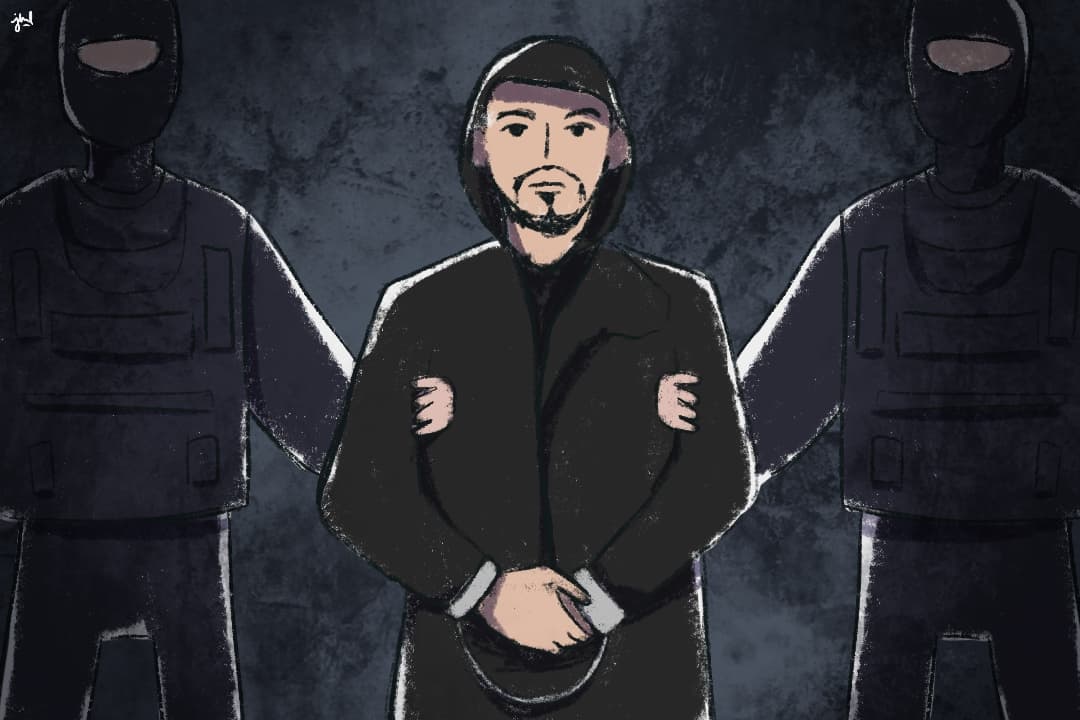Content warning: This article contains descriptions of misogynistic language and mentions of sexual violence and suicide.
As 2022 came to a close, social media platforms flooded with both celebration and lament over the arrest of famed internet personality and former kickboxer-turned-reality-TV-star Andrew Tate. Andrew and his brother Tristan were arrested on December 29, 2022 in Bucharest, Romania on charges of rape, human trafficking, and forming an organized crime group.
The arrest of the Tate brothers came after Romanian police raided their mansion in April 2022 once the US embassy alerted them that a 21-year-old woman may have been held there against her will. Andrew Tate, who has gained popularity for his ‘pull yourself up by your bootstraps’ self-help content and unbridled misogyny, denied allegations in April and continues to do so following his recent arrest.
How have people responded to Andrew Tate’s arrest?
Many rejoiced at Tate’s arrest because he has become a well known proponent of a violent brand of masculinity that relies on the subjugation of women — a message that has appealed to young men in particular. Whether it be Tate’s claim that women are men’s property or his assertion that women should “bear some responsibility” for falling victim to sexual assault, the internet is filled with countless examples of Tate’s hateful behaviour and ideology.
Before being banned from major social media platforms in August 2022, however, Tate had gained approximately 4.6 million followers on Instagram, 740, 000 subscribers on YouTube, and millions of views on TikTok. Since being reinstated on Twitter, he’s amassed over four million followers and continues to tweet from prison.
Nevertheless, Tate’s arrest serves as a symbolic condemnation of violence against women and affirms that there are tangible consequences to cruel actions. Many, myself included, hope that this represents an end to Tate’s influence and will serve as a deterrent to men already following in his footsteps.
However, Tate’s followers seem to be evidence of the opposite. A mess of misinformation surrounding Tate’s arrest has permeated the internet. There are those that not only defend him, but falsely claim that he has been released and the charges against him have been dropped.
Andrew Tate, mental health, and the #MeToo movement
People may question how Tate was able to gain so much support and why we’ve seen a recent rise in misogynistic attitudes among young men. I believe an explanation may lie in the mental health crisis that the pandemic has exacerbated in recent years. According to the World Health Organization, COVID-19 has caused a “25 per cent increase in the prevalence of anxiety and depression worldwide” and has been particularly damaging to youth, who are “disproportionately at risk of suicide and self-harming behaviours.”
While many exclusively associate Tate with his controversial, hateful comments, young men in need of mental health support may see his self-help philosophy as a path toward happiness and success. Tate’s ideology advertises complete control over men’s own lives and unnecessarily subjugates women in the process. Despite their initial attraction to Tate’s mental health and financial advice, young men may also become increasingly receptive to misogynistic messaging as Tate’s content continually exposes them to it.
Furthermore, self-reliance and the repression of negative feelings he prescribes under his brand of masculinity prevent those in need of mental health support from reaching out. The misogyny intertwined in his message promotes hate among men who are in need of a philosophy of self-love and kindness towards others.
In the same vein, Tate’s increasing misogyny also comes as a reaction to the perceived threat of the #MeToo movement. Some men seem to feel shifting tides and likely fear losing their position of power and privilege that has for so long gone unchallenged. While the #MeToo movement normalized conversations around sexual assault, fear around cancel culture seems overblown given that the movement failed to catalyze the structural changes necessary to actually threaten male privilege.
Still, perceived threats produce just as strong reactions as tangible ones. It’s disheartening to see that so many are afraid of the pendulum swinging too far that they’ve tried to stop it from moving at all.
Why was Andrew Tate’s arrest significant?
Regardless of whether Tate’s supporters believe agents of the matrix are coming to silence them or simply believe in the vague, looming threat of feminism, there seems to be a growing number of men who frame themselves as the victims of a society that continues to afford them a tremendous amount of power and privilege. This is unfortunately why it is so hard to dethrone the ‘king of toxic masculinity.’ Tate’s recent arrest and ban on social media risk further entrenching his supporters in their misogynistic beliefs, as they were already under the impression that people were trying to silence them and Tate.
But while dismantling today’s misogyny may seem like a hopeless undertaking, banning Tate from social media was an important step in ensuring fewer people are exposed to the hate he promotes. And while Tate’s self-victimization means that he will probably never take responsibility for his actions, his arrest was an important step in getting justice for the women he’s been charged with raping and trafficking.
It seems to me that the best way forward is striving to ensure better access to mental health resources that allow individuals to reflect on and process negative feelings instead of repressing them, while also promoting compassion instead of violence and hate.
Fabienne de Cartier is a second-year English and political science student at Victoria College.


